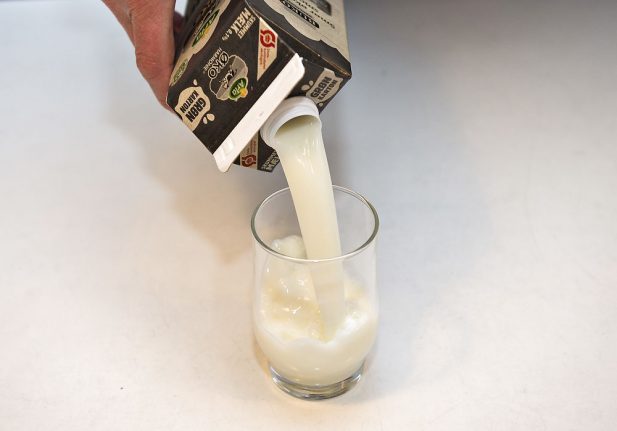A new overarching emissions plan announced by the company includes, for the first time, the agricultural production of its milk on farms.
Key aspects of the plan include targets of a 30 percent reduction of greenhouse gas emissions by 2030; and completely CO2-neutral milk production by 2050, Politiken reports.
Arla CEO Peder Tuborgh said the climate goals were an important step for the company.
“This is the right thing to do with regard to the way the world is today. The effects on the world of CO2 are not sustainable. And consumers have a clear agenda. They will go somewhere else if you stay away from this area,” Tuborgh said to Politiken.
Tuborgh and Arla are making a sensible choice by backing a climate-friendly business model, according to Jan Holm Ingemann, an agricultural economist at Aalborg University’s Department of Political Science.
“This is sensible. I would almost call it a necessary decision by Arla. And Arla is not alone in having made such a decision. We have also recently seen Danish Crown take a similar step,” Ingemann said.
“If you want to retain the confidence of younger consumers, this is necessary. They demand action. For them, words are not enough, so you have to show that you can set ambitious and visionary targets,” the researcher added.
Arla’s climate plan will affect 1.5 million cows, 10,000 farms and 70 dairies throughout northwestern Europe.



 Please whitelist us to continue reading.
Please whitelist us to continue reading.
Member comments